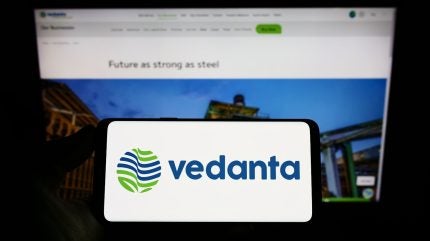
UK-based miner Vedanta Resources is exploring a public listing in the US for its Zambian unit, Konkola Copper Mines (KCM), to raise approximately $1bn for mine development, reported Reuters, citing three sources with knowledge of the matter.
The company, owned by Indian billionaire Anil Agarwal, has engaged Barclays and Citigroup to advise on potential initial public offering (IPO) plans.
The discussions about the New York listing for KCM are still in the preliminary stages, with no definitive timeline established.
Vedanta Resources holds an 80% stake in KCM, with the Zambian Government owning the remaining 20% through ZCCM-IH, a state-owned investment company.
KCM is noted for possessing some of the world’s highest-grade copper deposits and around 400,000 tonnes (t) of cobalt reserves, essential for the clean energy transition.
A Vedanta spokesperson confirmed that the company is considering various financing options including “internal accruals, debt instruments and equity options” to support growth across its global operations.

US Tariffs are shifting - will you react or anticipate?
Don’t let policy changes catch you off guard. Stay proactive with real-time data and expert analysis.
By GlobalDataVedanta aims to increase copper production to around 300,000t annually over the next five years.
The company’s output had previously suffered due to a legal dispute with the Zambian Government, which had placed KCM into provisional liquidation.
However, Agarwal regained control of the mines, along with a smelter and refinery, in the past year.
Since reclaiming the assets, Vedanta has secured short-term financing, cleared local debts and increased community investments.
The company has also created a US-based entity, Global Transition Resources, which produces copper, cobalt and gold in Africa, as stated on a social media post. It remains unclear if this entity would house the assets for the potential US listing.
A previous attempt to sell a stake to United Arab Emirates-based International Resources Holding fell through, and efforts to offload at least a 30% equity stake have not been successful, making an IPO a likely option, the report stated.



